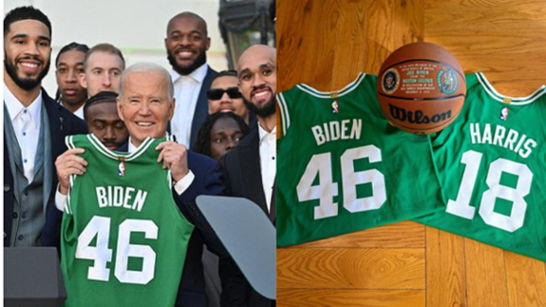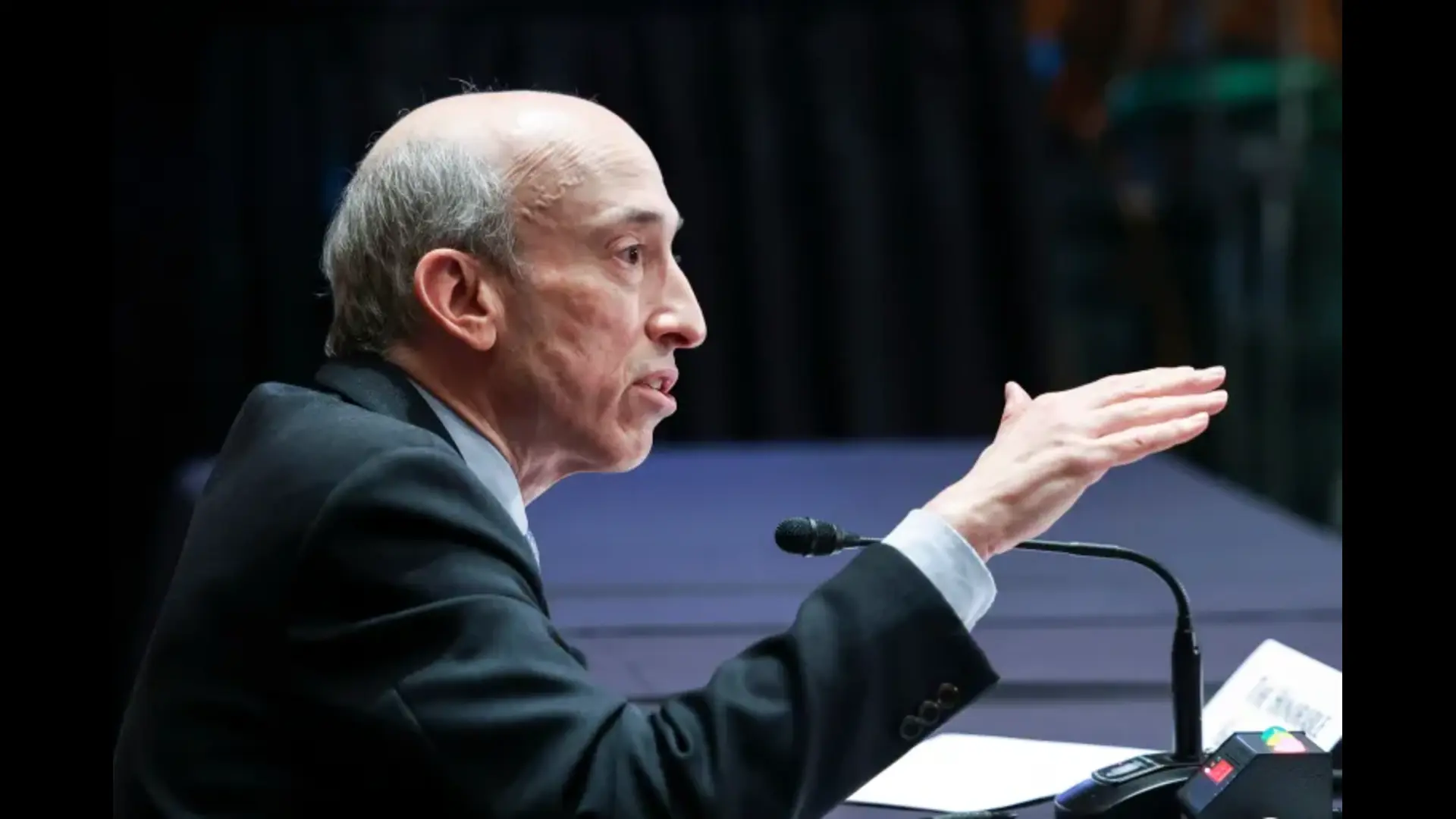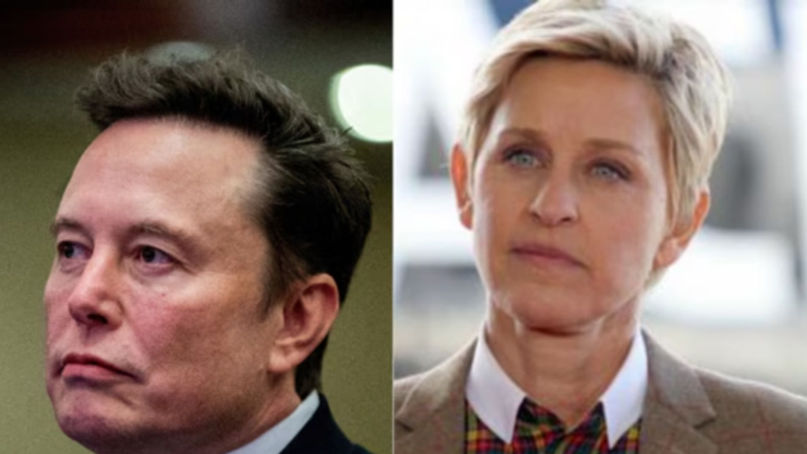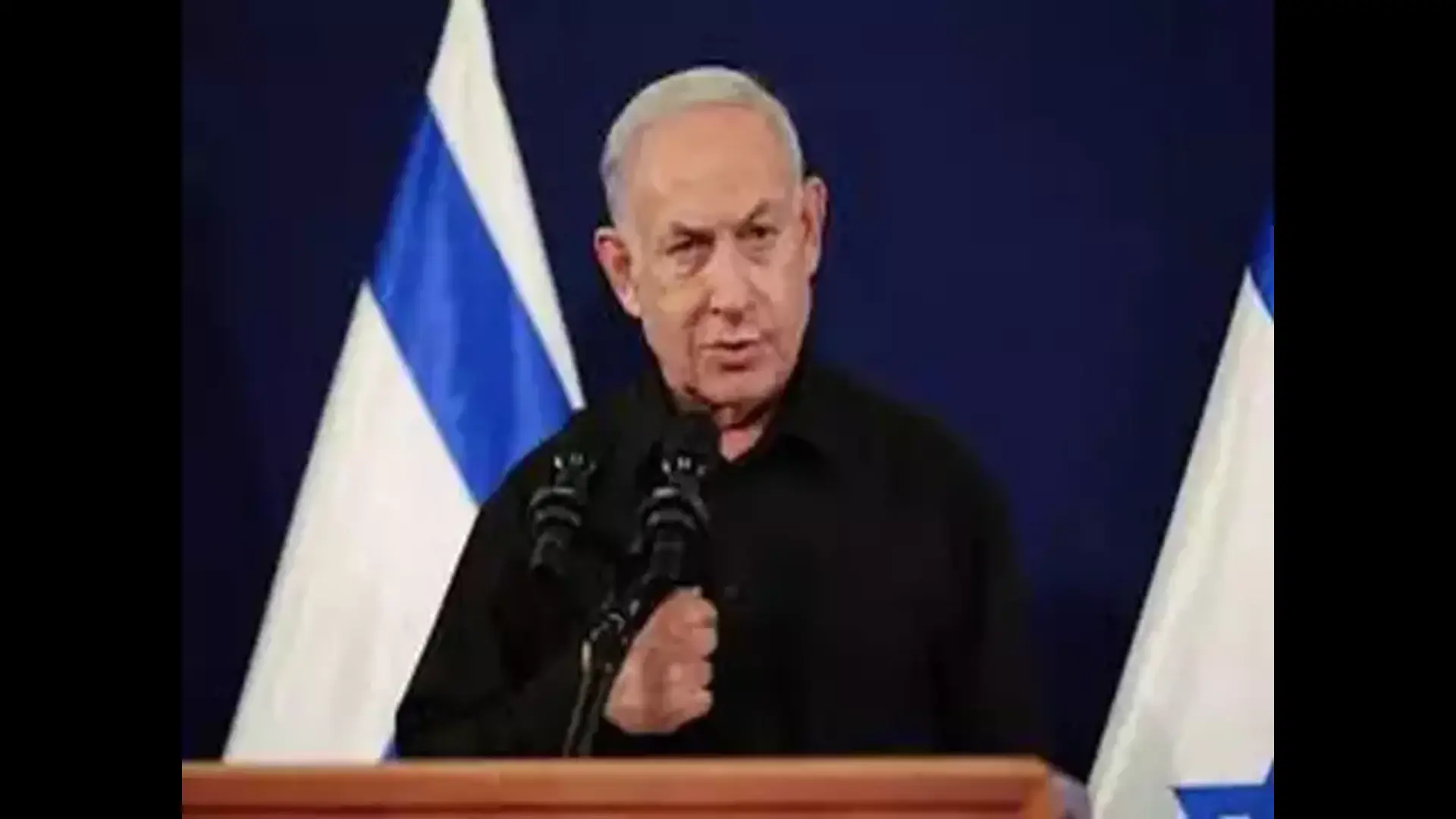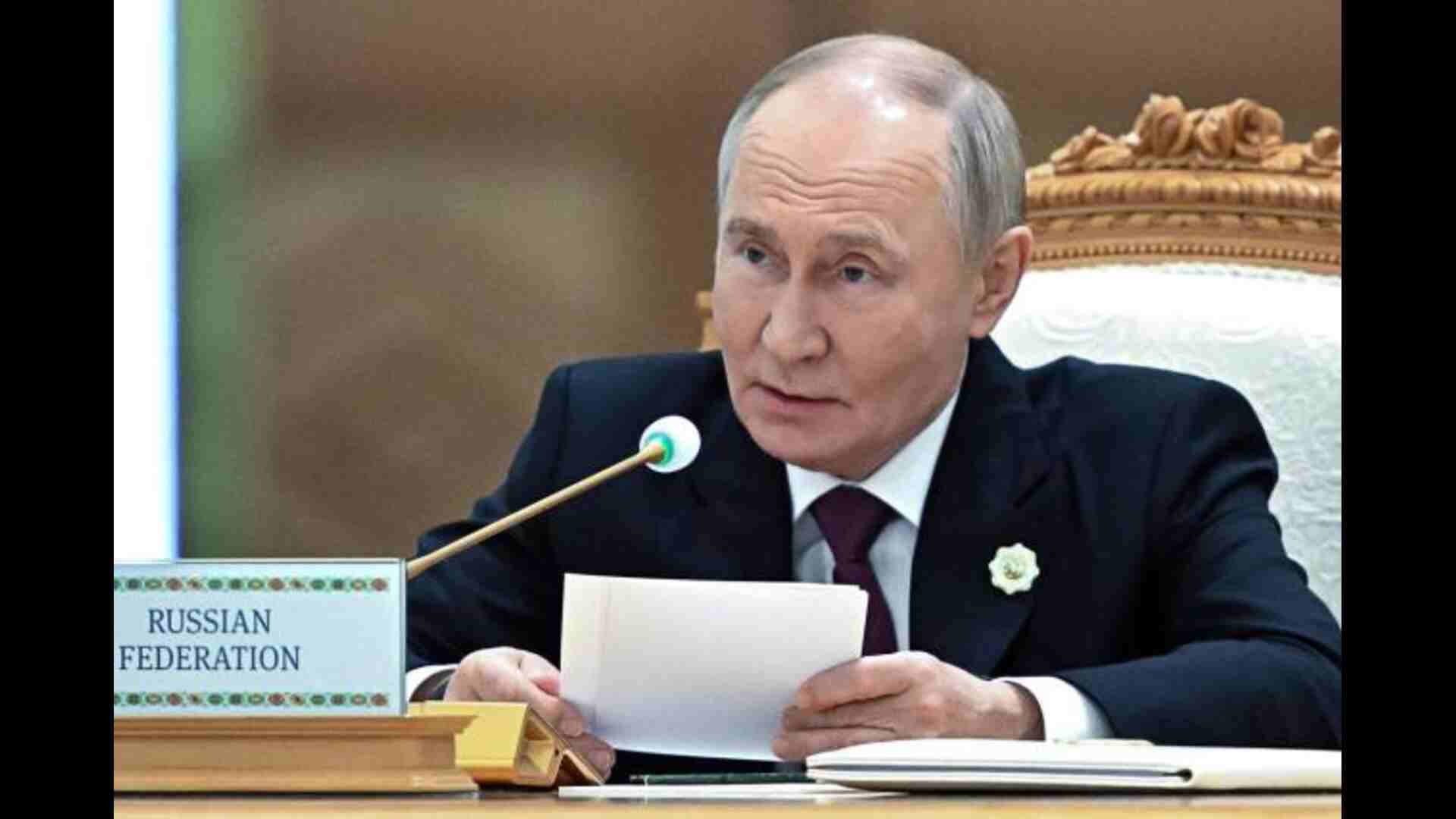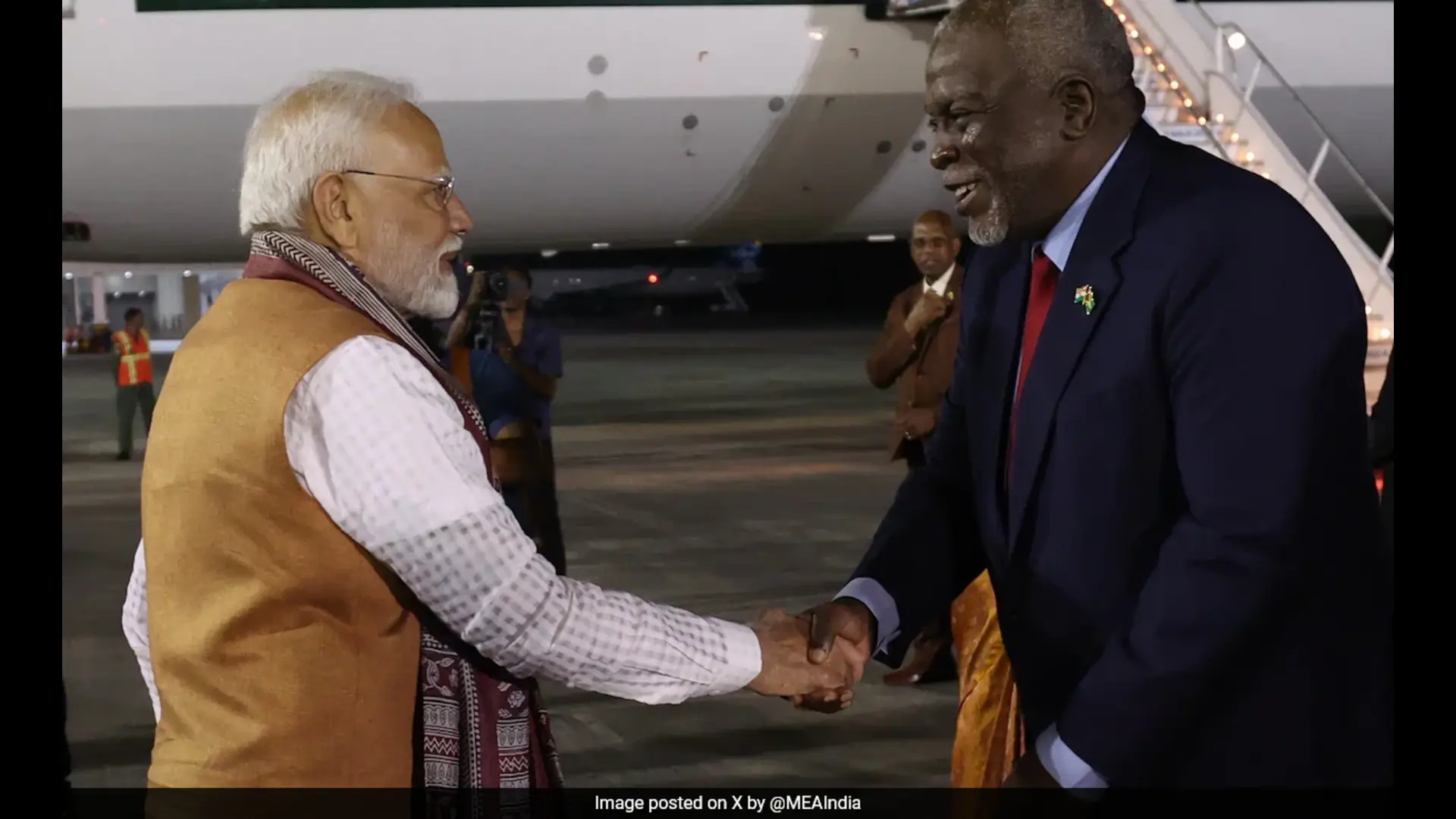
Tim Walz, Vice President Kamala Harris’s vice-presidential pick, has drawn unexpected attention in China. Social media users in China are discussing Walz’s year-long teaching stint in Guangdong Province in 1989, a topic that has gained significant traction on Weibo, amassing 12 million views.
Walz and his wife, Gwen Whipple, spent time in China as part of a Harvard University volunteer program, where Walz taught English and American history at Foshan No. 1 High School. The timing of his stay, coinciding with the Tiananmen Square protests and subsequent crackdown, has not gone unnoticed. The events of June 4, 1989, when Chinese tanks rolled into Beijing’s central square, remain a highly sensitive topic in China.
Despite restrictions on discussing the 1989 events directly, Chinese social media users have alluded to them with comments like “If you know, you know.” Some have expressed skepticism about foreigners who were in China during that period, while others noted that China was very different back then compared to its current status as a major global economic and geopolitical player.
Commenters have speculated that Walz’s experience might foster improved US-China relations if he is elected, highlighting his unique perspective on China. One Weibo user suggested that Walz could help promote cultural exchanges between the two countries during a time of strained relations.
Walz has previously praised his time in China, describing it as “one of the best things I’ve ever done” and speaking highly of the Chinese people. After returning to the US, he and his wife started a business that organized educational trips to China for American students. The couple’s wedding date, June 4, 1994, was chosen to mark the fifth anniversary of the Tiananmen uprising, a personal detail that has attracted attention.
There has been little official response from Republican circles regarding Walz’s time in China. However, some Trump allies have suggested that Walz’s nomination might be viewed positively in China, with Richard Grenell, a former acting director of National Intelligence, commenting on X that China would be pleased with Walz’s selection and criticizing him as “pro-China.”
Overall, Walz’s connection to China during a tumultuous period has sparked a range of reactions and discussions about its potential implications for US-China relations.


